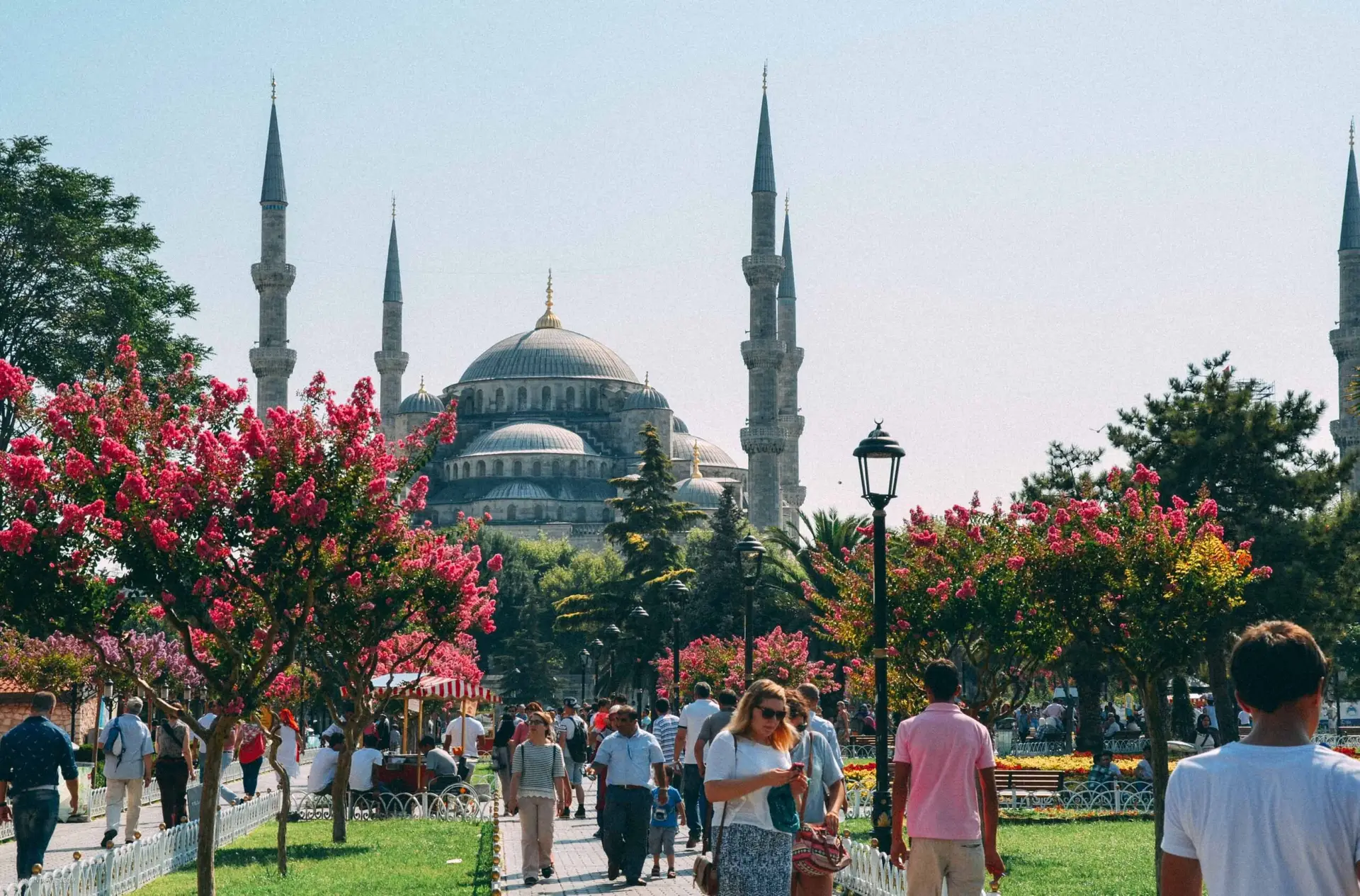Beautiful climate, variety of housing options, and hospitable attitude towards foreigners make buying real estate in Turkey a true gift. The Ottoman land offers not just a house by the sea, but a lifestyle where morning coffee is accompanied by views of endless horizons.
Advantages of Buying Real Estate in Turkey
The mild climate of the Mediterranean coast and sunny summers are a paradise for those seeking comfort. That’s why many choose the East for vacation and permanent residence. Here, one can find harmony between nature and modern convenience, enjoying fresh air and well-kept green parks.
Legal Simplicity and Reliability
For foreigners, the process in the Turkish state is significantly simplified, which is attractive for those who want to acquire a cozy place without unnecessary bureaucracy. Real estate in Turkey from developers is often sold with a guarantee of legal purity, helping to avoid problems and save time. This is a unique opportunity to become a homeowner in one of the picturesque corners of the world.
Comfort and Infrastructure for the Whole Family
Excellent conditions for children, educational institutions, shopping centers, and parks are ideal for family stays. Here, it is easy to find a balance between nature and amenities, enjoying the stay surrounded by Eastern hospitality and modern service levels.
Investing in Turkish Real Estate: Perspectives
The country is actively developing, providing attractive conditions for investors: for rental or further resale.
Rental Yield and Price Growth
The square meter rental market on Ottoman land is actively developing thanks to the large number of tourists and expats. These are excellent opportunities for income if you purchase property for rent. The price per square meter increases by 5-10% annually.
Mortgage and Installment as Investment Tools
To minimize initial costs, options are offered to purchase Turkish real estate with a mortgage or in installments. This allows you to buy housing without significant initial investments, spreading payments over a convenient period.
Types of Real Estate in Turkey: Find Your Perfect Corner
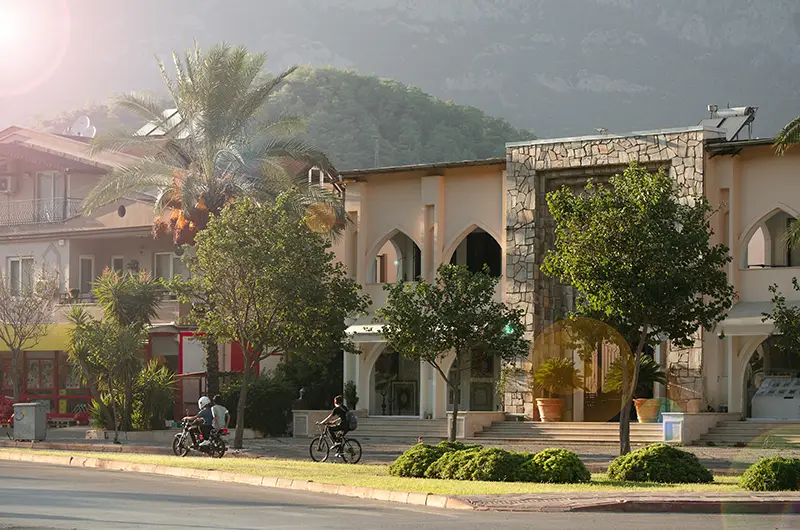 There are several types of properties to suit every taste and budget. From stylish apartments to spacious villas, everyone will find an option that suits them.
There are several types of properties to suit every taste and budget. From stylish apartments to spacious villas, everyone will find an option that suits them.
Apartments in Turkey for Comfortable Living
An excellent choice for those who value the comfort of city life and access to developed infrastructure. Spacious balconies with sea views, modern kitchens, and cozy living rooms make apartments an attractive option for both vacation and permanent residence.
Prestige and Comfort
Elite real estate in Turkey consists of high-class properties that combine style and luxury. Located in prestigious areas, these homes provide a high level of comfort and privacy. Modern residential complexes with pools, spa centers, and security become the choice of those accustomed to quality and comfort.
Villas for Those Who Love Space and Seclusion
For those who appreciate seclusion and space, a villa in Turkey is an excellent choice. A cozy garden, a private pool, and stunning sea views create a unique atmosphere. Villas are perfect for large families and those who prefer personal space and tranquility.
Real Estate Prices in Turkey: Affordability and Opportunities
The cost depends on the location and type of housing, allowing you to find an option for any budget. The Mediterranean coast attracts with its affordability, offering more reasonable prices compared to other countries.
Cost of Apartments and Villas
The cost of apartments in popular cities like Antalya or Alanya starts from 70,000 euros, while luxurious sea-view villas can cost from 250,000 euros and above. Such a wide range allows finding a suitable option for personal use or investment.
Buying a House in Turkey: Step-by-Step Guide
- Choosing a property: analyzing location, infrastructure, property condition, and cost.
- Signing the contract: checking conditions, legal consultation.
- Obtaining a tax number: a mandatory step for financial transactions.
- Payment and registration of property rights: final settlement and property ownership transfer to the new owner.
- Receiving documents: tapu (property right) and keys to the property.
Advantages of the Primary Market
Buying property from a developer offers many advantages. Firstly, it allows choosing finishing materials and layout according to personal taste. Secondly, new residential complexes often have developed infrastructure—pools, parks, playgrounds for maximum convenience.
Process and Document Processing
The procedure includes several stages: choosing a property, signing a contract, obtaining a tax number, and registering property rights. The process is transparent and protects the buyer.
Conclusion
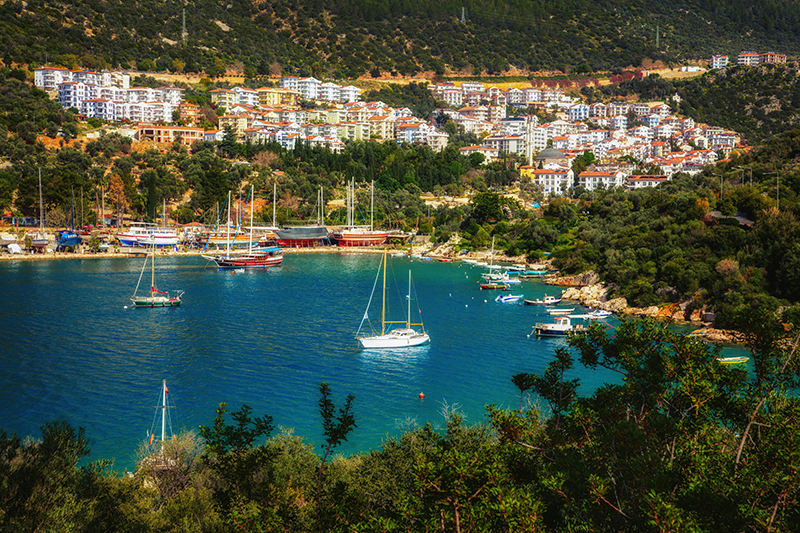 Buying real estate in Turkey is a step towards sun, sea, and comfort. The country offers not just housing but a special lifestyle where nature, coziness, and attractive investment prospects are combined. A home by the sea becomes a place where dreams come true.
Buying real estate in Turkey is a step towards sun, sea, and comfort. The country offers not just housing but a special lifestyle where nature, coziness, and attractive investment prospects are combined. A home by the sea becomes a place where dreams come true.

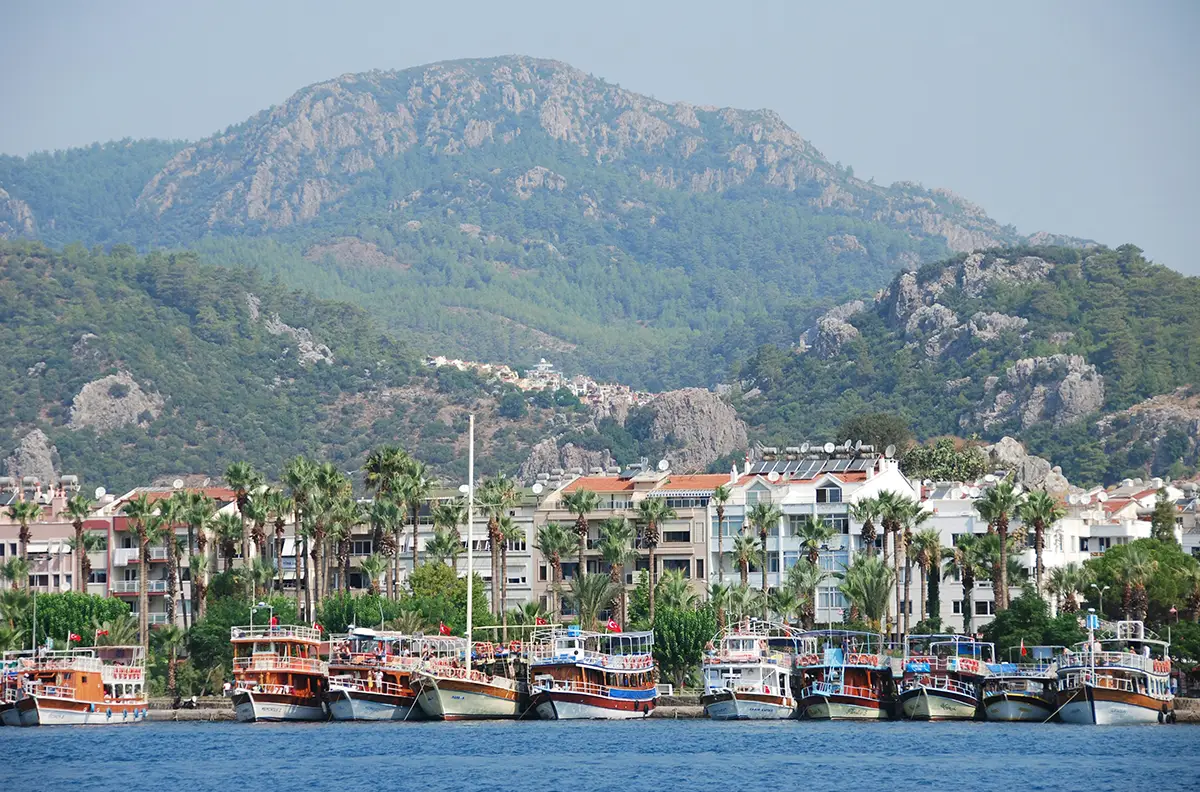
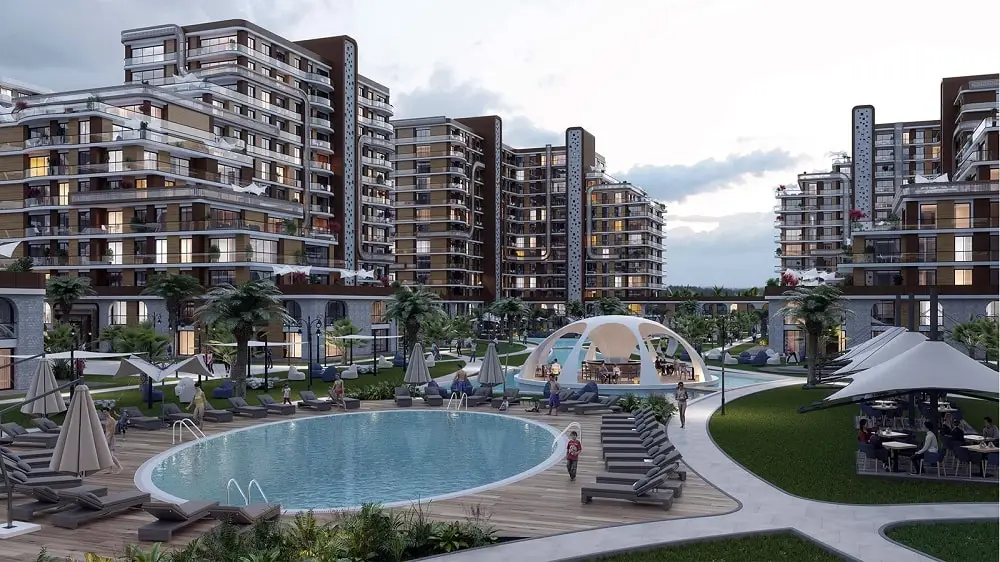
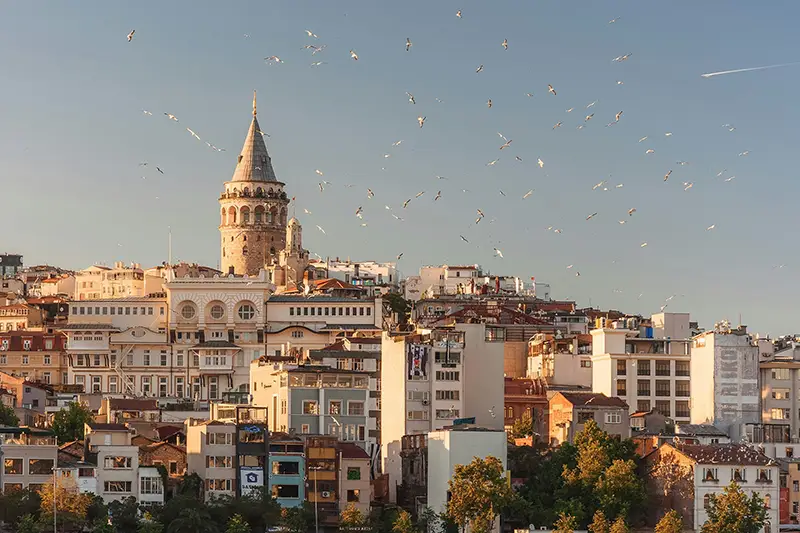 Kadıköy is a historic district and the soul of the Asian part of Istanbul. It rightfully deserves a place among the most significant. The district traces its origins back to the Byzantine era, and today you can see a combination of ancient markets and modern bars here. Bahariye Street is particularly popular among locals for its street performances and creative atmosphere. Kadıköy also houses numerous churches, mosques, and traditional bazaars, such as the Balık Market, where you can purchase fresh seafood.
Kadıköy is a historic district and the soul of the Asian part of Istanbul. It rightfully deserves a place among the most significant. The district traces its origins back to the Byzantine era, and today you can see a combination of ancient markets and modern bars here. Bahariye Street is particularly popular among locals for its street performances and creative atmosphere. Kadıköy also houses numerous churches, mosques, and traditional bazaars, such as the Balık Market, where you can purchase fresh seafood.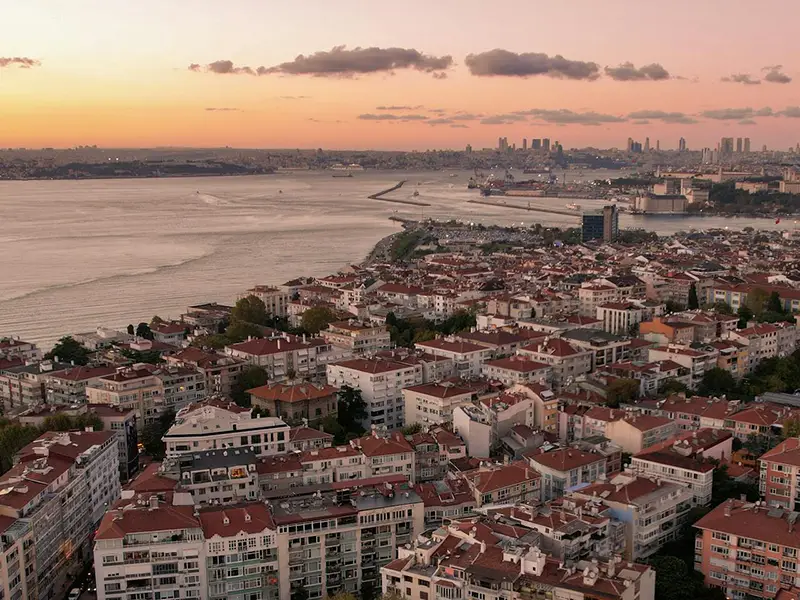 The best neighborhoods in Istanbul for living offer diverse conditions: from luxury and comfort in Nişantaşı to the atmospheric Kadıköy and dynamic Beşiktaş. There is a place for everyone here — those seeking the energetic rhythm of a big city and those preferring coziness and tranquility. Explore the locations to find the place that will become your home and immerse yourself in the atmosphere of this unique city, where each neighborhood tells its own unique story.
The best neighborhoods in Istanbul for living offer diverse conditions: from luxury and comfort in Nişantaşı to the atmospheric Kadıköy and dynamic Beşiktaş. There is a place for everyone here — those seeking the energetic rhythm of a big city and those preferring coziness and tranquility. Explore the locations to find the place that will become your home and immerse yourself in the atmosphere of this unique city, where each neighborhood tells its own unique story.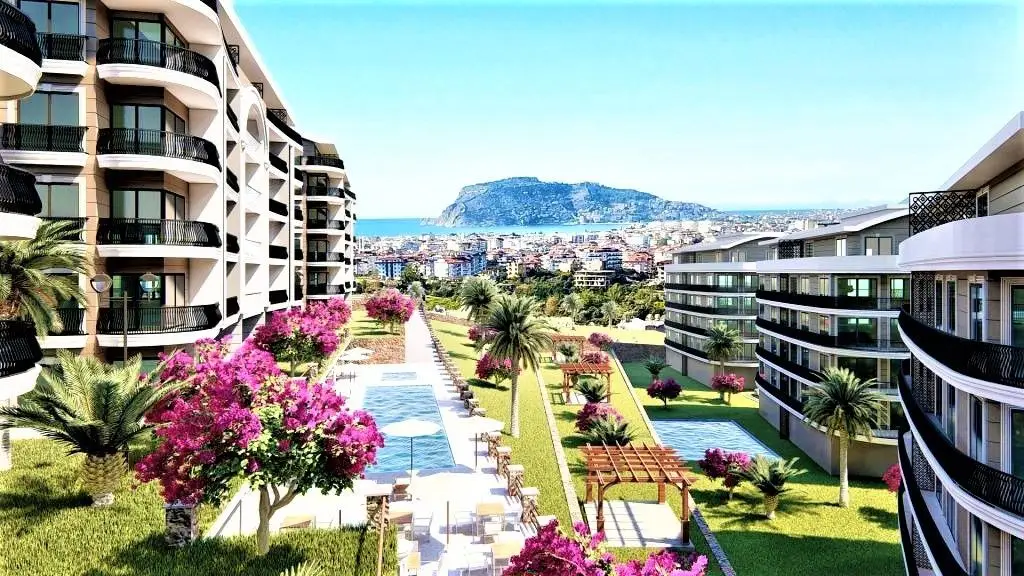
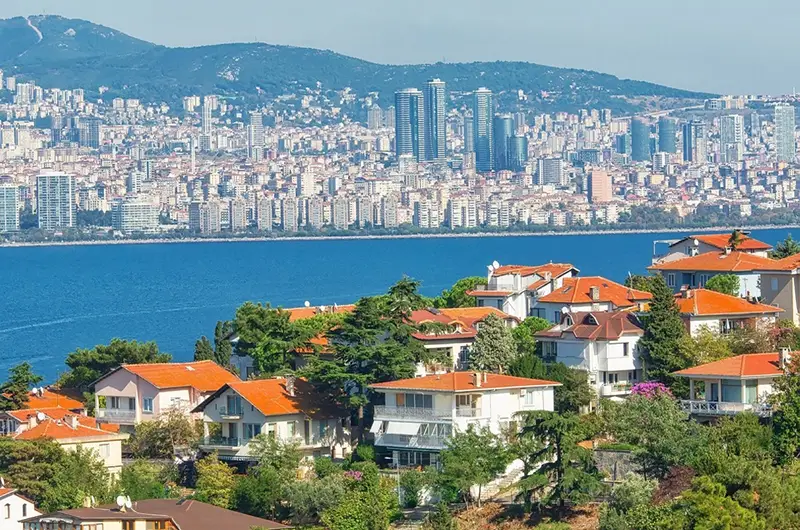 Purchasing real estate involves several stages, each of which requires careful consideration and understanding of the process. Knowing the sequence of actions helps avoid mistakes and simplifies interaction with sellers, agencies, and legal authorities.
Purchasing real estate involves several stages, each of which requires careful consideration and understanding of the process. Knowing the sequence of actions helps avoid mistakes and simplifies interaction with sellers, agencies, and legal authorities.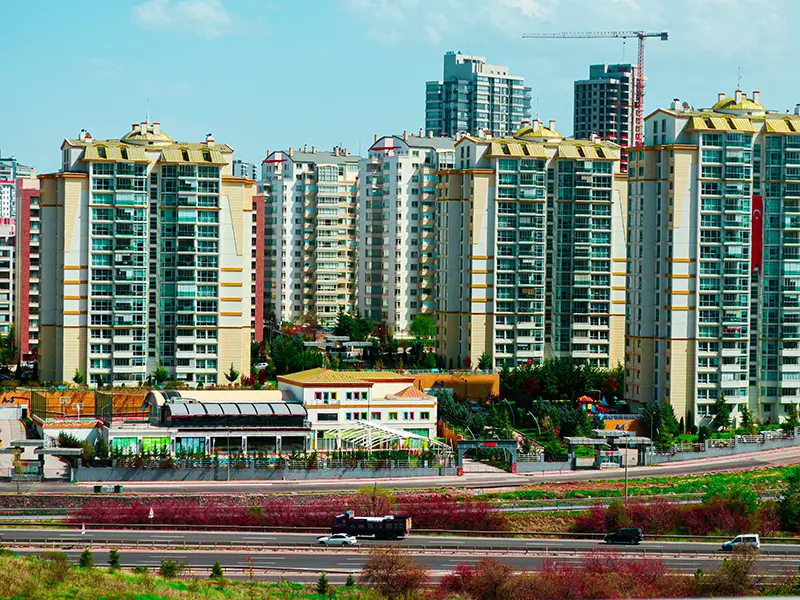 Investing in real estate in Turkey opens up opportunities for capital growth and personal use. Simplified conditions for foreigners, a growing market, and affordable prices make the purchase a profitable decision. Buying an apartment in Turkey is not only a step towards a dream but also a smart financial move.
Investing in real estate in Turkey opens up opportunities for capital growth and personal use. Simplified conditions for foreigners, a growing market, and affordable prices make the purchase a profitable decision. Buying an apartment in Turkey is not only a step towards a dream but also a smart financial move.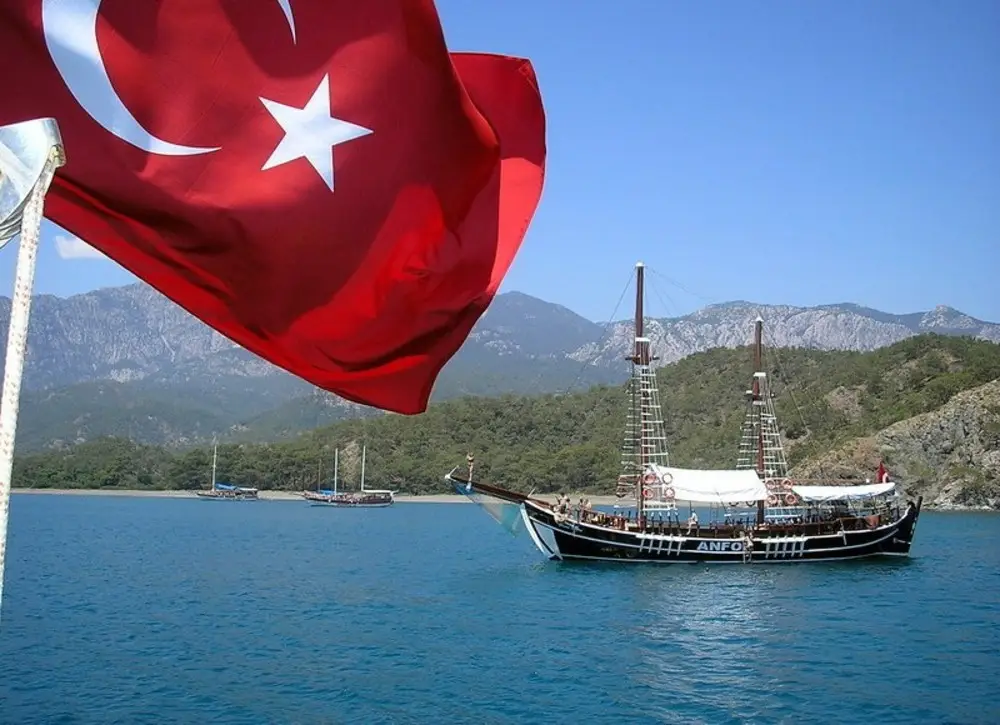
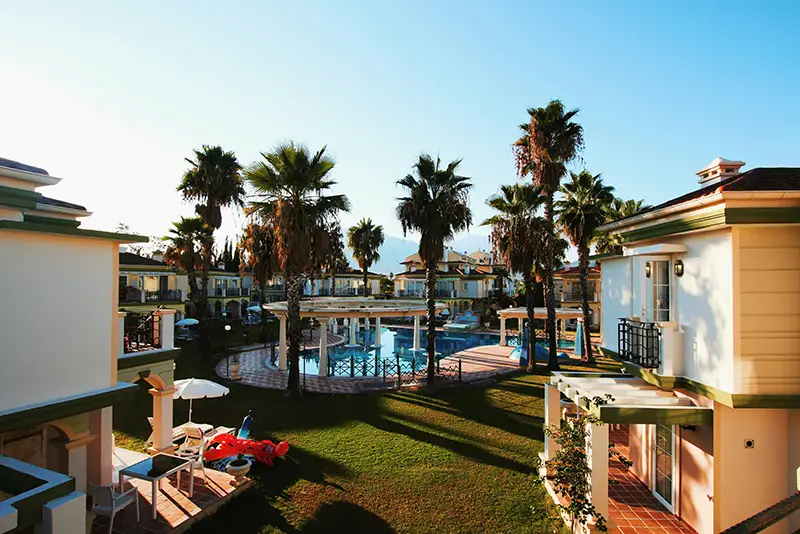 Family life in Turkey has special features that distinguish this country among other destinations for immigration. The hospitality of local residents, high level of education and healthcare, as well as orientation towards family values make Turkey attractive for families. It is important to consider cultural features that contribute to a quick adaptation to a new environment.
Family life in Turkey has special features that distinguish this country among other destinations for immigration. The hospitality of local residents, high level of education and healthcare, as well as orientation towards family values make Turkey attractive for families. It is important to consider cultural features that contribute to a quick adaptation to a new environment.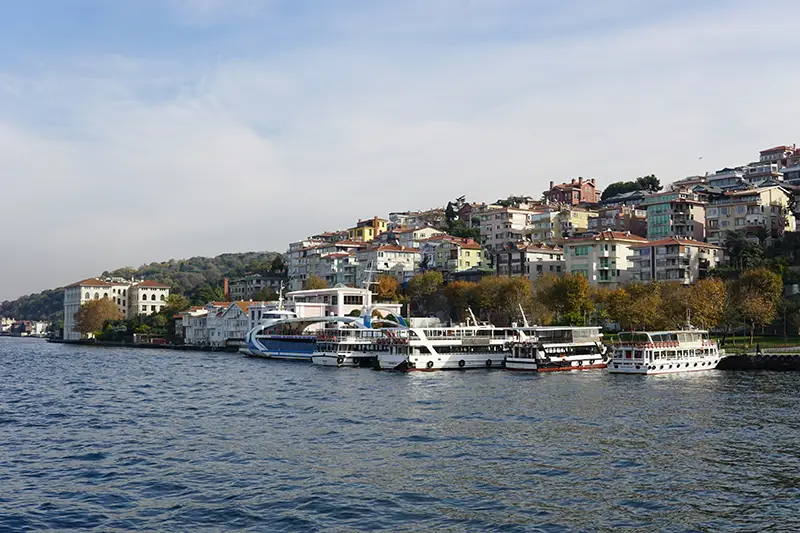 The pros and cons of living in Turkey become evident when examining all aspects. The country offers a comfortable climate, affordable cost of living, quality healthcare, and education. It is important to consider cultural and bureaucratic peculiarities. A thoughtful approach to relocation will help make this step successful and well-considered.
The pros and cons of living in Turkey become evident when examining all aspects. The country offers a comfortable climate, affordable cost of living, quality healthcare, and education. It is important to consider cultural and bureaucratic peculiarities. A thoughtful approach to relocation will help make this step successful and well-considered.